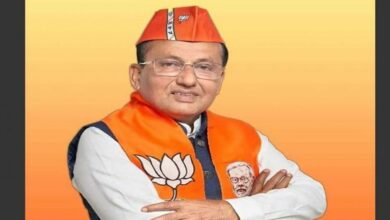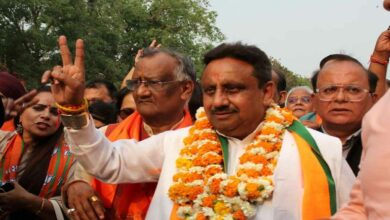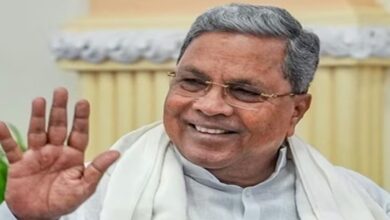Arvind Kejriwal filed a new petition in Rouse Avenue Court
Arvind Kejriwal, the convenor of the Aam Aadmi Party (AAP), filed a fresh motion in the Rouse Avenue Court on Saturday, arguing that he has not received the sanction copy in the Enforcement Directorate (ED) case against him.

During a recent hearing in the Delhi High Court, the ED’s Solicitor General said that the necessary approval had been secured at the time the chargesheet was submitted, Kejriwal noted in his petition.
Special Judge Kaveri Baweja took note of these statements, sent a notice to the Enforcement Directorate, and set the date for the subsequent hearing for November 26.
Speaking on Arvind Kejriwal’s behalf, advocate Mudit Jain said that no copy of the necessary sanction was included in the documents—both unpublished and relied upon—that were included with the chargesheet.
Arvind Kejriwal, the leader of the Aam Aadmi Party, filed a petition contesting the trial court’s order to take cognizance of the Enforcement Directorate’s chargesheet against him in the purported excise policy scam, and the Delhi High Court responded on November 21.
However, at this point, the trial procedures were not granted a stay by the bench of Justice Manoj Kumar Ohri. In order to hear arguments on the stay motion and the plea seeking to have the trial court’s ruling quashed, the Court set a hearing date of December 20, 2024.
Arvind Kejriwal’s request was rejected by Solicitor General of India Tushar Mehta, who appeared on behalf of the Enforcement Directorate. He said that the appropriate sanction had been secured at the time the prosecution case (chargesheet) was submitted.
Arvind Kejriwal, the former chief minister of Delhi, has petitioned the Delhi High Court, arguing that the trial court lacked the authority to consider the Enforcement Directorate’s prosecution objections in the Excise Policy matter.
In the contested decision, the plea said that the trial court judge had erred in recognizing the offense under Section 3 of the PMLA, which is punishable under Section 4 of the PMLA, without first seeking permission under Section 197(1) of the CrPC to prosecute the petitioner. This was especially important since, at the time of the alleged offense, the petitioner, Arvind Kejriwal, was employed by the government as the Chief Minister.
In the cases involving the now-canceled excise policy that are being handled by the Enforcement Directorate (ED) and the Central Bureau of Investigation (CBI), Kejriwal is now free on bail.
The Enforcement Directorate (ED) claims that the Excise Policy was purposefully created with gaps to favor AAP leaders and encourage the development of cartels. In return for special treatment, like as licensing fee exemptions, discounts, and respite during the COVID-19 disturbances, the ED accused AAP officials of accepting payments from liquor companies.
The ED further claimed that the “scam” entailed giving private companies the permission to distribute liquor at wholesale prices with a predetermined margin of 12% in exchange for a 6% payment. AAP leaders were also charged with influencing the results of the early 2022 elections in Punjab and Goa.





